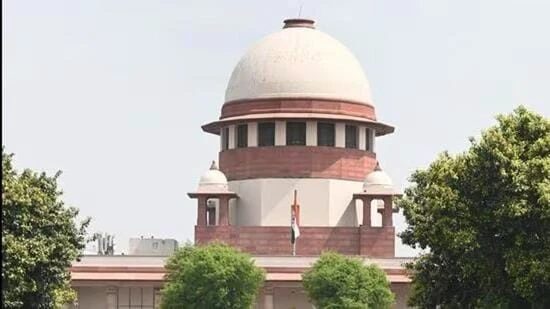New Delhi: The Russian embassy said on Saturday that it is in close contact with Indian authorities over the matter of a Russian woman who escaped India with her child, despite the Supreme Court granting shared custody to her and the child’s father, an Indian national.
The embassy’s response came a day after the Supreme Court pulled up Delhi Police for failing to make headway in tracing the Russian citizen named Victoria Basu. The court had questioned why Russian embassy officials allegedly involved in arranging her escape were not custodially interrogated and a red corner notice was not issued through Interpol for more than three months since Basu left the country.
Referring to reports in the media about the court proceedings involving Basu, the Russian embassy said in a statement: “Regrettably, [the media reports] do not correspond to reality and are based on speculations.”
The Russian embassy “implements its priority duties to ensure and defend rights and legitimate interests of Russian citizens in full accordance with the Indian legislation”, the statement said. “With regard to the matter of Ms Basu, we maintain close contact with the competent Indian authorities,” it said.
A bench of justices Surya Kant and Joymalya Bagchi said on Friday that authorities should seek the custodial interrogation of two to three officials of the embassy who are “prima facie involved”. The police earlier submitted clear evidence on the role of two Russian embassy officials, Albert Shtoda and Arthur Gerbst, in arranging a vehicle for Basu, who went missing on July 7.
The vehicle took her to the Indo-Nepal border in Bihar, from where she took a flight to Russia via Sharjah.
Additional solicitor general Aishwarya Bhati, appearing for the external affairs ministry and Delhi Police said custodial interrogation had not been sought so far. A questionnaire was sent to the persons but there was no response to it. Indian authorities have approached the Russian prosecutor general to seek Basu’s deportation under the Mutual Legal Assistance Treaty between the two sides.
Basu, who came to India in 2019, moved the court in 2023 to seek full custody of her son after complaining that her marriage did not work out. In May, the court allowed each parent three days a week with the child, and extended Basu’s visa while directing police to maintain vigil at her residence.
